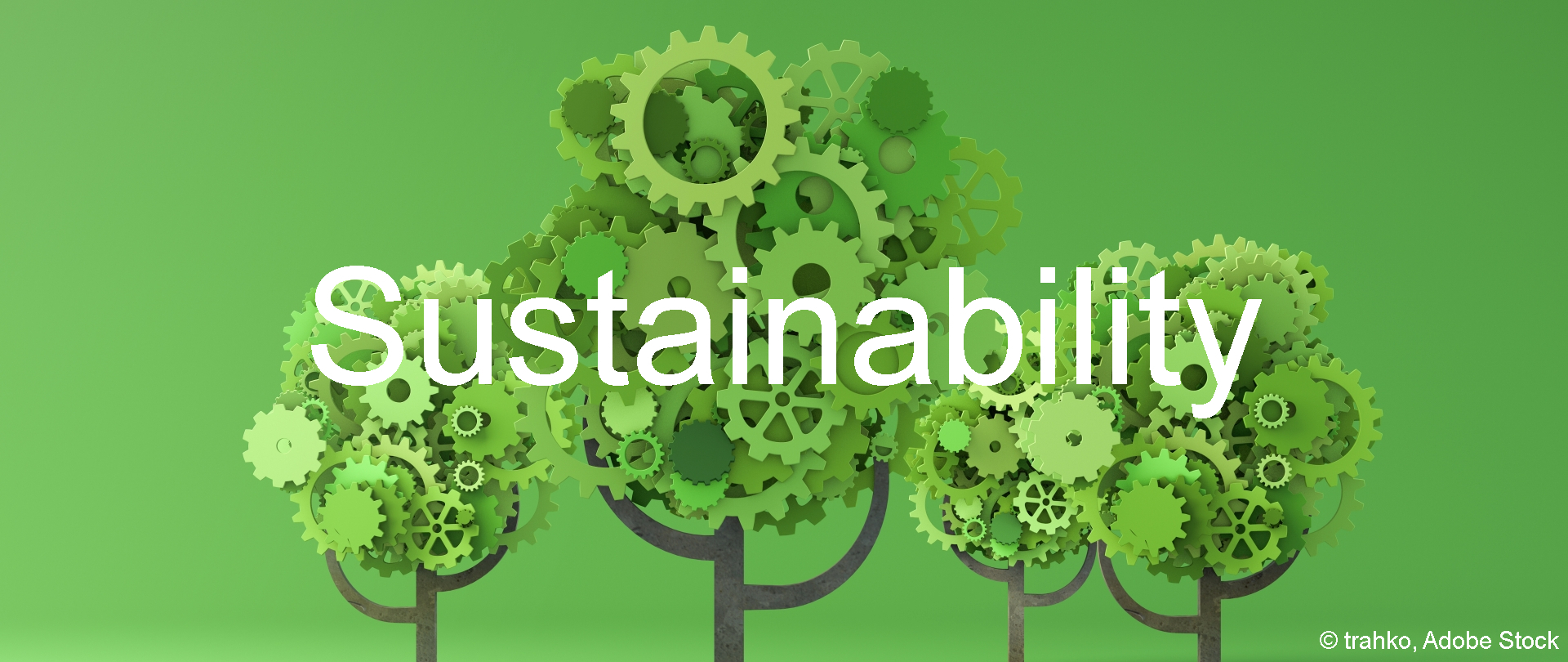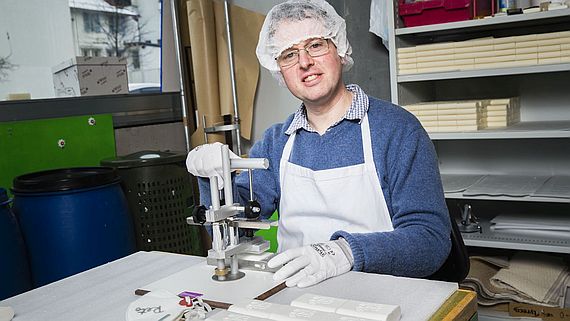
News & Stories
Brussels. The EU is pouring money into "green tourism" ideas. The way there leads through a jungle, but a compass now helps.
Basel. A Swiss non-profit organisation gives used soap a second life. So far, it has collected, recycled and donated almost 250,000 soap bars used in hotels. This way the founder of SapoCycle, Dorothée Schiesser, wife of a hotelier, is helping to reduce waste and save sick children around the world. An example of social sustainability.
Vienna. When asked whether sustainability is important, hardly anyone will answer "no" these days. The social consensus and, as a consequence, the social pressure are too great. But what does this look like in practical terms when it comes to booking a trip? How much is compliance with sustainability criteria worth to those willing to travel? A recent study among Germans interested in holidays in Austria got to the bottom of this question.
Beijing. Accor and Jin Jiang Hotels want to jointly promote sustainable practices across the hospitality industry. Both have just signed a corresponding memorandum of understanding for ten years and is to apply above all to the hotels in China.
Stuttgart. More than a quarter of all investments planned for 2023 is reserved for sustainability. This is an increase of 16% compared to the previous year. Large companies with at least five billion euros in annual turnover have increased the share by 20%.
Amsterdam/Munich. More and more travellers want to act sustainably - and are already doing so in hotels. But economic hardships are forcing them to adapt their behaviour. The balancing act is getting bigger: Sustainable travel is too expensive at the moment.
Berlin. With the Easter holidays, the last Corona protection measures in Germany also expire. This boosts the mood, as do the reports about full gas storage facilities. The experts' assessment of the turnaround in electricity generation is somewhat more muted. Two reports link to facts and scenarios that can support all companies - including hotels - in their forecasts.
Dubai. The UAE-based Global Hotel Alliance has launched the Green Collection for its members. Out of a total of 800 hotels, almost a quarter belong to the green brand. Last year, they accounted for 49% of the total turnover.
Wiesbaden. In its latest report, the Intergovernmental Panel on Climate Change warns more clearly than ever before about climate change and calls for drastic measures to reduce CO2 emissions. In tourism, a lot is happening to keep travel attractive. Hoteliers are setting an example. At the ITB, the WTTC presented a verification system for hotels.
Cannes. Assessing the carbon emissions of buildings is complicated; after all, the entire life cycle of the real estate has to be examined. The Low Carbon Building Initiative, founded in 2022, presented its methodology for a seal of approval in the area of carbon footprint at this year's real estate trade fair MIPIM in Cannes.

